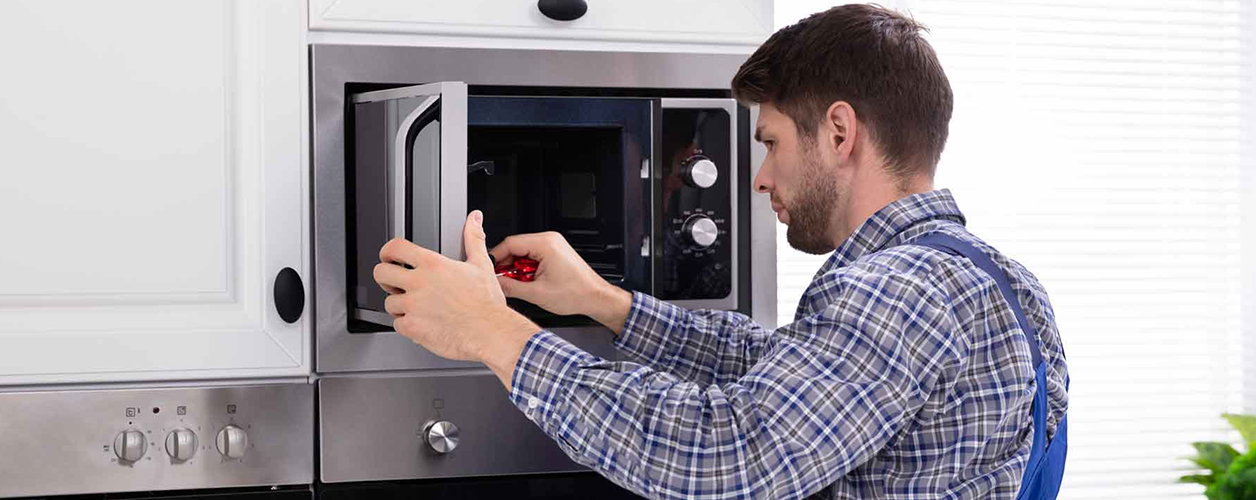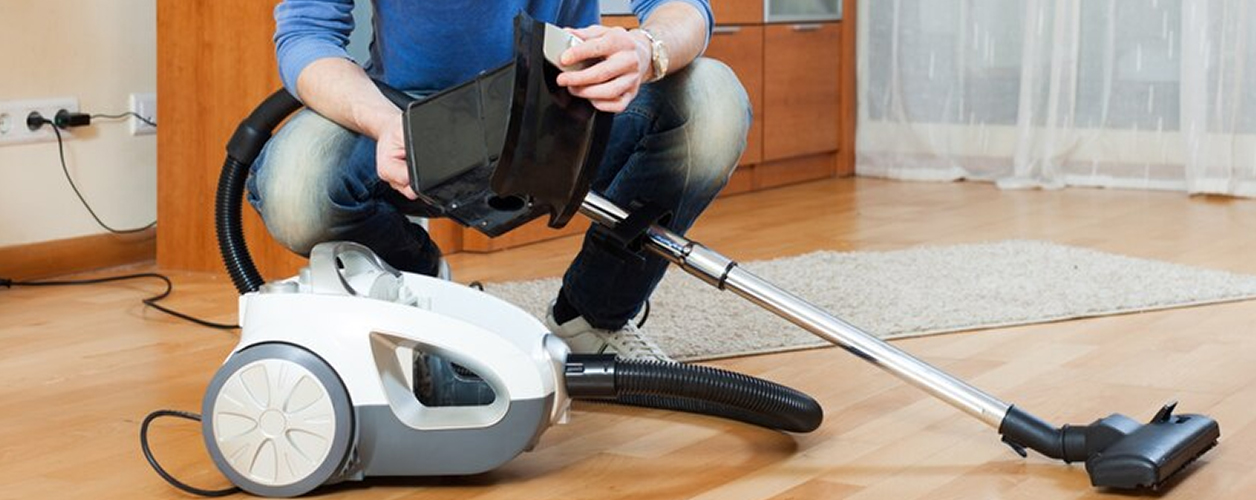Is It Worth Repairing Your Microwave?
When your microwave breaks down, it can disrupt your daily routine. Before deciding whether to repair or replace it, there are a few important factors to consider, such as the age of the appliance, the severity of the issue, and the cost of repairs. Let’s dive into the key things you should evaluate before making your decision.
Key Factors to Consider
1. Age of the Microwave
Microwaves typically last between 5 to 10 years. If your microwave is closer to 10 years old, it might be more practical to replace it. Newer models often come with improved energy efficiency and added features that make replacing an older microwave a better long-term investment.
2. Cost of Repairs vs. Replacement
Minor repairs are usually affordable, but for older models, or when major components fail, the cost of repairs might be higher than buying a new microwave. As a rule of thumb: if the repair costs are more than 50% of the price of a new microwave, it's better to replace it.
3. Complexity of the Problem
Some issues are easy to fix yourself, while others are more complicated and may require a technician. It’s essential to assess whether the problem is a minor fix or a more serious mechanical or electrical failure.
When Repairing Makes Sense
Not all microwave problems require a replacement. If the issue is minor, repairing it can be a simple and cost-effective solution. Here’s when it’s worth considering a repair:
Simple, One-Component Fixes
If the problem is limited to a single part, it’s usually worth repairing. Common fixes include:
- Broken door handles: Easy to replace without technical expertise.
- Cracked glass plates: Replace the plate, no need to buy a new microwave.
- Damaged roller guides: These can be swapped out quickly and inexpensively.
Minor Malfunctions
Smaller issues like a wobbly roller guide, a stiff door latch, or even a loose turntable are often easy to fix with simple cleaning or part replacement. These repairs can extend your microwave’s life without breaking the bank.
Installation Issues
For built-in or mounted microwaves, problems like a misaligned door or loose brackets can be fixed without needing a new appliance. Often, tightening bolts or making slight adjustments to the installation can resolve the issue.
When It’s Time to Replace Your Microwave
Sometimes, the cost and complexity of repairs make replacing the microwave a better option. Here are the signs that your microwave might be beyond repair:
Old Age (6+ Years)
If your microwave is older than six years, particularly if it’s approaching the 10-year mark, replacing it is often the better choice. Newer models may offer better performance and energy savings.
Multiple Stacking Problems
When several things are going wrong with your microwave, it’s a sign that it’s nearing the end of its lifespan. Stacking repairs can add up in cost and time, making replacement a more practical option.
Major Component Damage (Magnetron or Diode Issues)
The magnetron generates the microwaves that heat your food. If it’s damaged or burned out, the cost to repair it can be significant. In such cases, it’s often more economical to buy a new microwave rather than fix a magnetron or a faulty high-voltage diode.
Custom-Built or Installation-Heavy Models
Microwaves that are built into your kitchen, such as over-the-range models, are more expensive to replace. In these cases, repairing them can be worth the investment, especially if the repair is minor and helps preserve the overall kitchen aesthetic.
Common Microwave Problems: Repair or Replace?
Here’s a quick guide to help you decide whether to repair or replace your microwave based on common problems:
Problem |
Repair or Replace? |
|---|
Door Latch Malfunction |
Repair - Often a simple fix. |
Magnetron or High Voltage Diode |
Replace - Expensive to repair. |
Touchpad Issues |
Repair - Replace membrane; replace if control board fails. |
Cracked Glass |
Repair - Relatively simple. |
Turntable Malfunction |
Repair - Usually a minor fix. |
Excessive Noise |
Repair or Replace - Depending on the source of the noise (fan vs. motor). |
Consulting a Technician
When in doubt, it's always a good idea to consult a professional appliance technician. They can diagnose the issue and give you a cost estimate for repairs. A technician's advice is invaluable, especially for major repairs like a failing magnetron, or when you're dealing with a custom-built or mounted microwave.
Pro Tip: If the repair cost is more than half the price of a new microwave, it's generally better to replace it.
Conclusion
Microwaves are essential kitchen appliances, and in many cases, a simple repair can bring them back to life. However, if your microwave is old, has multiple problems, or requires costly repairs, it might be time to consider a replacement. Weigh the cost and complexity of repairs against the price of a new model, and consult a technician when necessary. With this approach, you'll make the best decision for your kitchen and your wallet.













